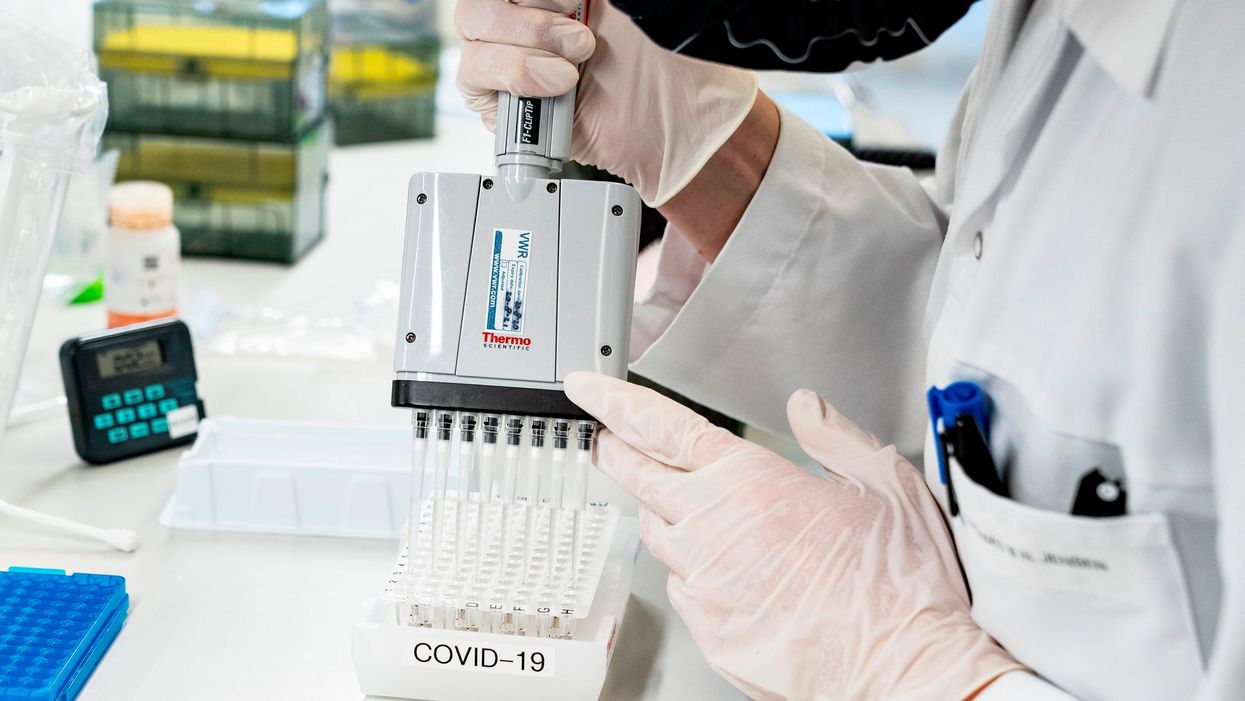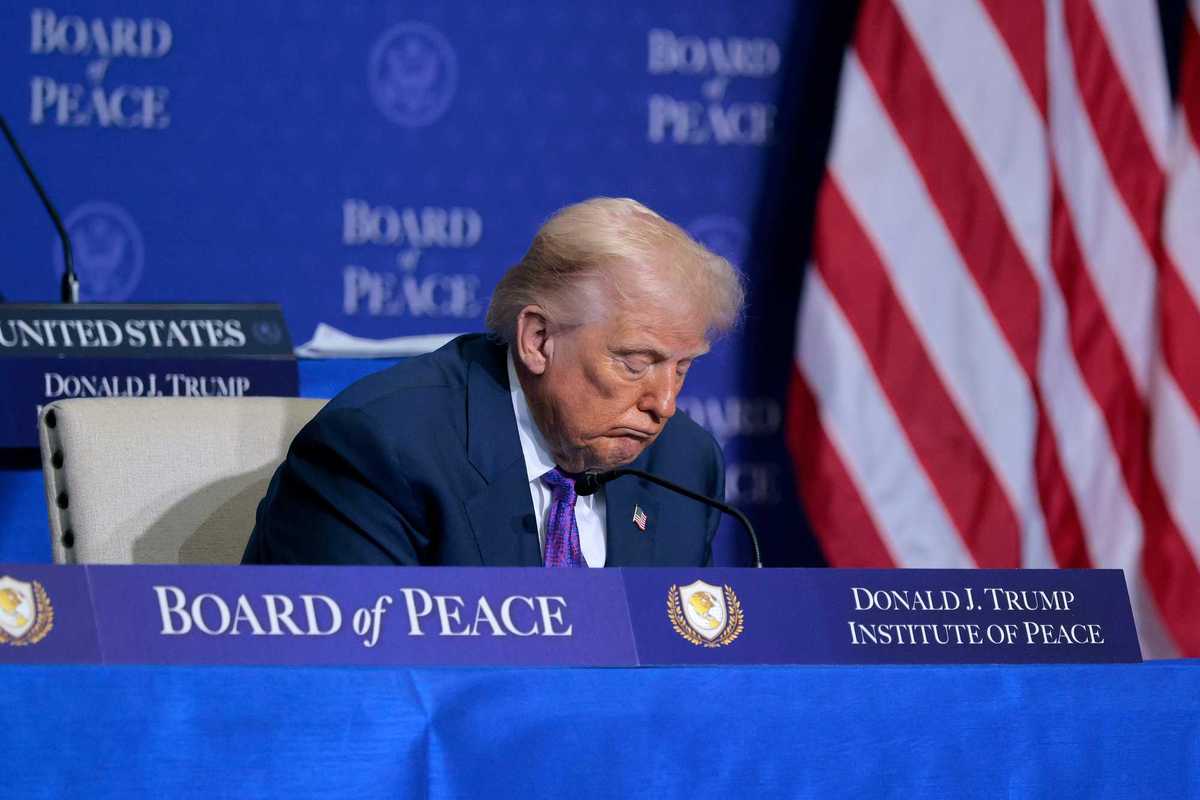
Say goodbye to the “UK variant” and hello to the “Alpha variant”
We all know the different Covid variants based on the country they originated from, or were detected in - e.g. the UK, Brazilian, Indian, and South Africa variants.
However this is about to change.
The World Health Organisation has announced that a new naming system which will see the names of coronavirus variants change to Greek letters instead.
WHO have said the aim of the change is to simply discussion but to also remove the stigma that is associated with the countries who have variants.
"We're not saying replace B.1.1.7, but really just to try to help some of the dialogue with the average person," WHO's Covid-19 technical lead, Maria Van Kerkhove told STAT News in an interview.
"So that in public discourse, we could discuss some of these variants in more easy-to-use language."
Here is what this means for the existing variants of concern:
- UK variant = Alpha
- South African variant = Beta
- Brazil variant = Gamma
- Indian variant = Delta
Greek letters will also be used to name variants of interest too.
"No country should be stigmatised for detecting and reporting variants," Van Kerkhove, tweeted.
She also called for more “robust surveillance” of variants, so far there are four variants of concern and six variants of interest.
The move comes after the Indian government criticised the fact that their variant (B.1.617.2) discovered last October, was being labelled as the “Indian variant.” (WHO did never officially used this name.)
However, there are only 24 letters in the Greek Alphabet - so what happens if they run out of letters?
Van Kerkhove said that if this situation occurred, then a new naming program would be announced.
They could maybe name them after different flowers, plants or even use names like the Met Office does when naming a storm.
Let’s hope for our sake that it doesn’t come to that.













